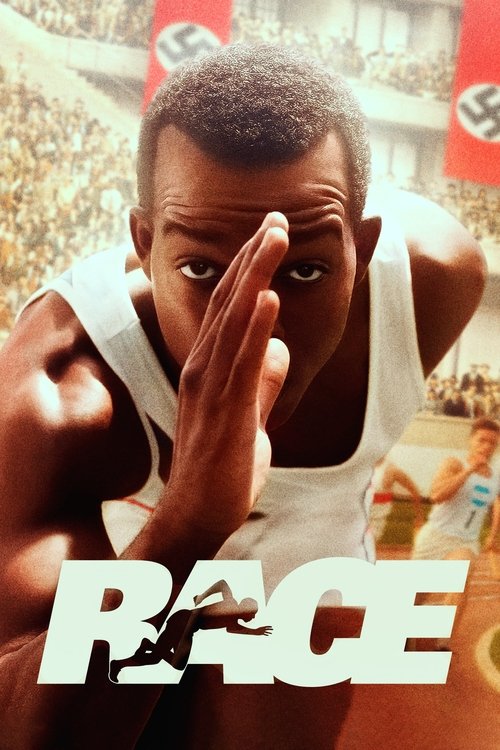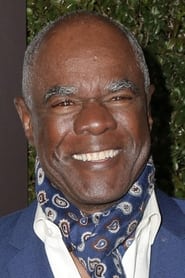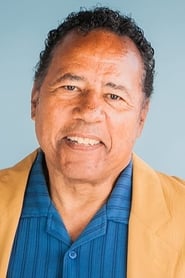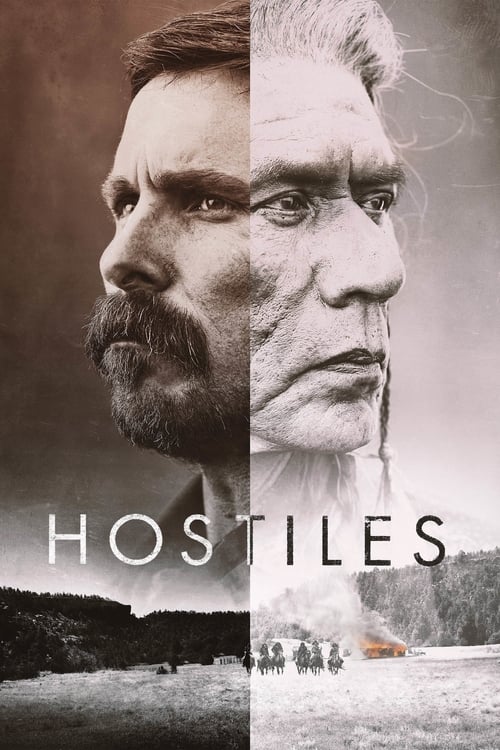
Ask Your Own Question
What is the plot?
What is the ending?
In the ending of the movie "Race," Jesse Owens competes in the 1936 Berlin Olympics, where he wins four gold medals, defying Nazi propaganda and showcasing his incredible talent. After his victories, he returns home to a mixed reception, facing both celebration and racial discrimination. The film concludes with a reflection on his legacy and the impact of his achievements on the civil rights movement.
As the climax of the film approaches, Jesse Owens arrives in Berlin for the 1936 Olympics, a highly charged political backdrop where Adolf Hitler aims to showcase Aryan supremacy. The atmosphere is tense, filled with anticipation and the weight of history. Jesse, portrayed with determination and focus, is acutely aware of the stakes involved--not just for himself, but for his race and country.
Scene by scene, the narrative unfolds as Jesse competes in the long jump. The pressure mounts as he faces off against the German athlete Luz Long, who, despite the political climate, shows sportsmanship and respect. Their interactions highlight the contrast between the ideals of sportsmanship and the oppressive regime surrounding them. Jesse's first jump is a foul, and he feels the weight of expectation. However, with encouragement from Long, he regains his composure and ultimately triumphs, securing the gold medal.
Next, Jesse competes in the 100 meters, where he faces fierce competition. The race is electrifying, and as he crosses the finish line first, the crowd erupts. His victory is not just personal; it is a statement against the racial ideologies of the time. The film captures the moment with close-ups of Jesse's face, revealing a mix of joy and disbelief as he realizes the magnitude of his achievement.
In the subsequent events, Jesse continues to dominate, winning gold in the 200 meters and the 4x100 meter relay. Each victory is met with a mix of cheers and jeers, as the Nazi regime struggles to reconcile their narrative with the reality of Jesse's success. The relay race is particularly poignant, as Jesse runs alongside his teammates, showcasing unity and strength in the face of adversity.
After the final race, Jesse stands on the podium, receiving his medals. The American anthem plays, and he is filled with pride, yet the moment is bittersweet. He is aware that while he has achieved greatness, the societal issues of racism and discrimination remain unresolved. The film poignantly captures his internal conflict as he grapples with the duality of his triumph and the ongoing struggle for equality.
Upon returning to the United States, Jesse is met with a mixed reception. While he is celebrated as a hero, he also faces the harsh realities of racial discrimination back home. The film depicts scenes of him being denied entry to certain establishments and the stark contrast between his Olympic glory and the everyday racism he encounters. This juxtaposition serves to highlight the ongoing fight for civil rights, emphasizing that his victories in Berlin did not erase the challenges faced by African Americans.
In the final moments, Jesse reflects on his legacy. He understands that his achievements have inspired many and have become a symbol of hope and resilience. The film closes with a montage of his life post-Olympics, showcasing his continued advocacy for equality and the impact he had on future generations. Jesse Owens, despite the challenges he faced, emerges as a beacon of strength, embodying the spirit of perseverance against all odds.
Is there a post-credit scene?
The movie "Race," released in 2016, does not have a post-credit scene. The film concludes with the story of Jesse Owens, focusing on his triumphs at the 1936 Berlin Olympics and the impact of his achievements on race relations and sports history. After the credits roll, there are no additional scenes or content that extend the narrative or provide further insight into the characters or events. The film wraps up with a sense of closure regarding Owens' legacy and the challenges he faced.
What challenges does Jesse Owens face during his training for the Olympics?
Jesse Owens faces numerous challenges during his training for the Olympics, including racial discrimination, skepticism from coaches, and the pressure to succeed in a society that is largely prejudiced against African Americans. He struggles with the need to prove himself not only to his coaches but also to a society that doubts his abilities due to his race. Additionally, he has to navigate the complexities of his relationship with his coach, Larry Snyder, who believes in him and pushes him to excel despite the societal barriers.
How does Jesse Owens' relationship with his coach Larry Snyder evolve throughout the film?
Jesse Owens' relationship with Larry Snyder evolves from one of initial skepticism to a deep mutual respect and understanding. At first, Owens is wary of Snyder's intentions, as he is unsure if Snyder truly believes in his potential. However, as Snyder becomes more invested in Owens' training and success, he becomes a father figure to him, providing not only coaching but also emotional support. This bond is tested by the pressures of the Olympic Games and the racial tensions of the time, but ultimately, they develop a strong partnership that helps Owens achieve greatness.
What role does the 1936 Berlin Olympics play in Jesse Owens' story?
The 1936 Berlin Olympics serve as a pivotal backdrop for Jesse Owens' story, highlighting the intersection of sports and politics. As Owens competes in Nazi Germany, he becomes a symbol of defiance against Adolf Hitler's Aryan supremacy ideology. The pressure of performing on such a grand stage is immense, and Owens grapples with the expectations placed upon him as an African American athlete. His triumphs at the Olympics, where he wins four gold medals, not only shatter racial stereotypes but also challenge the propaganda of the Nazi regime, making his achievements historically significant.
How does Jesse Owens' family react to his decision to compete in the Olympics?
Jesse Owens' family has mixed reactions to his decision to compete in the Olympics. His mother, in particular, is concerned about the potential dangers and the racial tensions he may face in Germany. She worries for his safety and the implications of representing a country that does not fully accept him. However, his family also recognizes the significance of his opportunity and the potential for Owens to inspire others. This internal conflict reflects the broader societal issues of the time, as they grapple with pride in his accomplishments while fearing the challenges he may encounter.
What impact does Jesse Owens' victory have on the perception of race in America?
Jesse Owens' victory at the 1936 Berlin Olympics has a profound impact on the perception of race in America. His success challenges the prevailing racist ideologies of the time, proving that African Americans can excel in sports and defy the stereotypes that society has imposed on them. Owens' achievements bring a sense of pride to the African American community and serve as a source of inspiration for future generations. However, despite his monumental victories, the film also highlights the ongoing struggles for civil rights and equality that continue long after his triumphs, illustrating the complex relationship between sports and social change.
Is this family friendly?
The movie "Race," produced in 2016, is a biographical sports drama that tells the story of Jesse Owens, an African American athlete who competed in the 1936 Berlin Olympics. While the film is primarily focused on Owens' achievements and struggles, there are several elements that may be considered objectionable or upsetting for children or sensitive viewers:
-
Racial Discrimination: The film depicts the harsh realities of racism and discrimination that Jesse Owens faced both in the United States and in Nazi Germany. Scenes illustrating the prejudice and hostility towards African Americans may be distressing.
-
Historical Context of the Olympics: The film addresses the political climate of the time, including the rise of Nazi ideology. This includes imagery and references to the oppressive regime, which may be unsettling for some viewers.
-
Emotional Struggles: Jesse Owens experiences significant emotional turmoil as he navigates the challenges of being a black athlete in a racially charged environment. His internal conflicts and moments of despair may be intense for younger audiences.
-
Family Tensions: There are scenes that depict the strain on Owens' family relationships due to his pursuit of athletics and the pressures he faces, which may resonate with viewers who are sensitive to family dynamics.
-
Physical Strain and Competition: The film includes scenes of intense physical training and competition, which may be intense or stressful for some viewers, particularly younger children.
Overall, while "Race" is an inspiring story of perseverance and triumph, it does contain themes and scenes that may not be suitable for all children or sensitive viewers.






































































